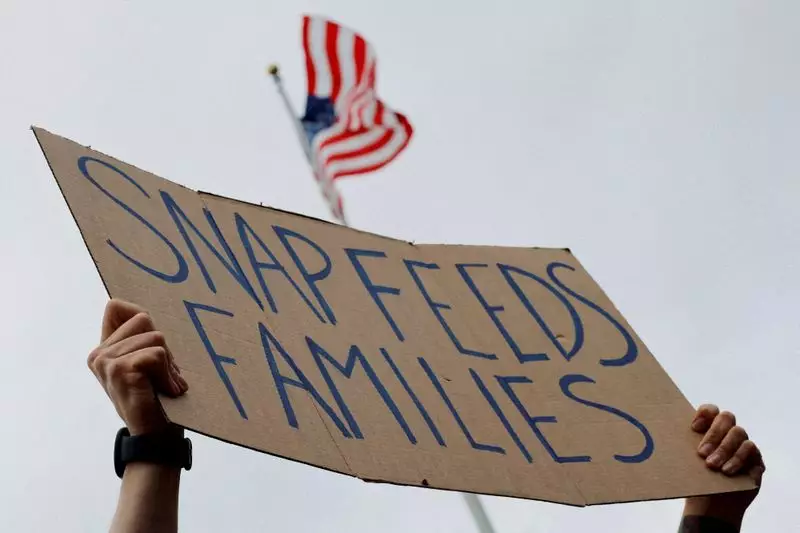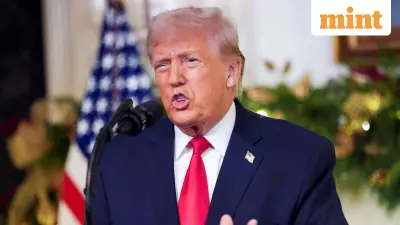
The political landscape in Washington DC has become increasingly paralyzed by a severe deadlock that threatens to disrupt not only American governance but also has significant implications for global affairs. This comprehensive analysis breaks down the complex situation unfolding in the American capital.
What Exactly is the Washington Deadlock?
The current impasse stems from deep political divisions between the executive and legislative branches of the US government. With competing agendas and partisan politics taking center stage, essential government functions and critical decision-making processes have ground to a halt.
Key Factors Driving the Political Gridlock
Partisan Polarization: The widening ideological gap between political parties has made compromise increasingly difficult, creating an environment where cooperation is rare and confrontation is common.
Legislative Stalemate: Critical bills and appointments remain stuck in congressional committees, unable to secure the necessary bipartisan support to move forward.
Budgetary Battles: The perennial struggle over government funding has escalated, with temporary measures becoming the norm rather than exception.
Implications for Domestic Governance
The deadlock has created a governance crisis that affects multiple aspects of American life:
- Delayed policy implementations affecting healthcare and social programs
- Stalled infrastructure development projects
- Uncertainty in economic planning and fiscal management
- Backlog in federal judicial appointments
Global Consequences of Washington's Paralysis
As the world's largest economy and a key player in international affairs, Washington's political gridlock sends shockwaves across the globe:
International Leadership Vacuum: The United States' ability to provide consistent global leadership is compromised, creating uncertainty among allies and opportunities for adversaries.
Economic Implications: Global markets react nervously to Washington's instability, affecting international trade and investment flows.
Diplomatic Challenges: The deadlock hampers America's capacity to engage effectively in international negotiations and maintain its foreign policy commitments.
Historical Context and Precedents
While political gridlock is not unprecedented in American history, the current situation represents one of the most prolonged and severe instances in recent decades. Historical comparisons reveal both similarities and unique aspects of the present crisis.
Potential Pathways to Resolution
Political analysts suggest several possible scenarios that could break the deadlock:
- Bipartisan negotiations leading to compromise legislation
- Public pressure forcing political action
- Administrative workarounds within existing legal frameworks
- Electoral outcomes shifting the balance of power
The resolution timeline remains uncertain, with experts divided on whether a breakthrough is imminent or whether the gridlock may persist through the upcoming electoral cycle.
Broader Implications for Democratic Governance
This situation raises important questions about the functionality of democratic systems when faced with extreme political polarization. The Washington deadlock serves as a case study for other democracies grappling with similar challenges of governance in increasingly divided political environments.
As the situation continues to evolve, international observers remain watchful of developments in the American capital, recognizing that what happens in Washington rarely stays in Washington.





